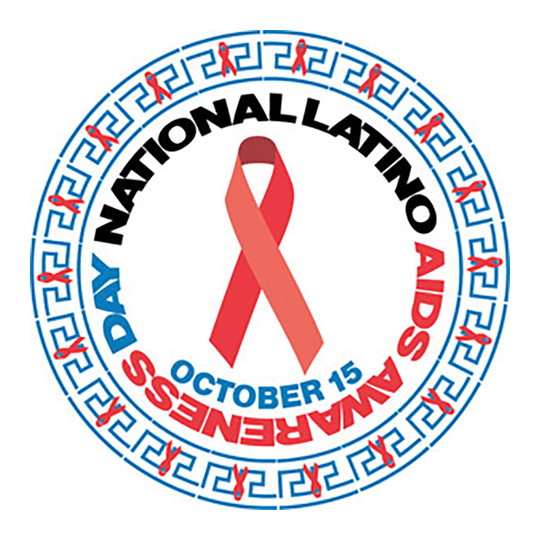Latinos are like that

By Nohora Chandler
Health Educator Latina News Agency
When it comes to the health of minorities such as Hispanics or Latinos, we must also talk about culture, because believe it or not, customs, traditions, behaviors and values also determine how immigrants are health and disease.
Specifically, beliefs and behaviors of Latinos may affect the risk of becoming infected with HIV/AIDS. One of the strongest within the Hispanic community aspects is discrimination against people with different sexual options which induces men and women to hide their homosexuality and have risk behaviors. Many men who have sex with men decide to have a woman as a wife or partner to hide their sexual practices and that also exposes women to the disease of AIDS.
According to the Center for Infectious Diseases (CDC) the undocumented Latino immigrants do not seek preventive services such as HIV testing or tardy to health care because they do not want to publicize their immigration status. This means that while HIV infection can be treated as a chronic disease, Hispanics AIDS sicker because they are late to the care and treatment of their disease.
Likewise, the CDC notes that socioeconomic factors such as poverty, low education levels, lack of health insurance, limited access to health care access and language barriers contribute to more Latinos become infected due to lack education on ways of prevention and reduces access to HIV testing and free condoms.
The situation for women is even more critical because they think they are at risk of infection; They do not require condoms to their partners when they know they have had sex with other people and do not seek to take tests for sexually transmitted diseases shame.
The other way that Hispanics are affected when they receive treatment for HIV/AIDS, is the lack of training given to doctors to provide adequate health care depending on cultural differences. A "culturally competent" doctor must have skills to understand and respect the forms of cultural expression such as health beliefs that patients bring from their countries. You must be willing to use adequate language to communicate effectively with the patient and be responsive and flexible in their professional work ways.
Many medical organizations in the United States offer this type of training to their doctors and even hire bilingual professionals to make the patient more comfortable during the appointment speaking in his own language.
While cultural differences affect the health of minorities in this country, it is also true that in recent years public and private agencies have made efforts to incorporate more effective mechanisms to help reduce cultural differences to avoid the disease within immigrant communities.
October 15 National Day Hispanic to know about HIV/AIDS. Call for testing (405) 885-5100 (405) 919-2607. Free and Confidential.
Copyright The Gayly - 10/15/2016 @ 12:10 p.m. CDT.





